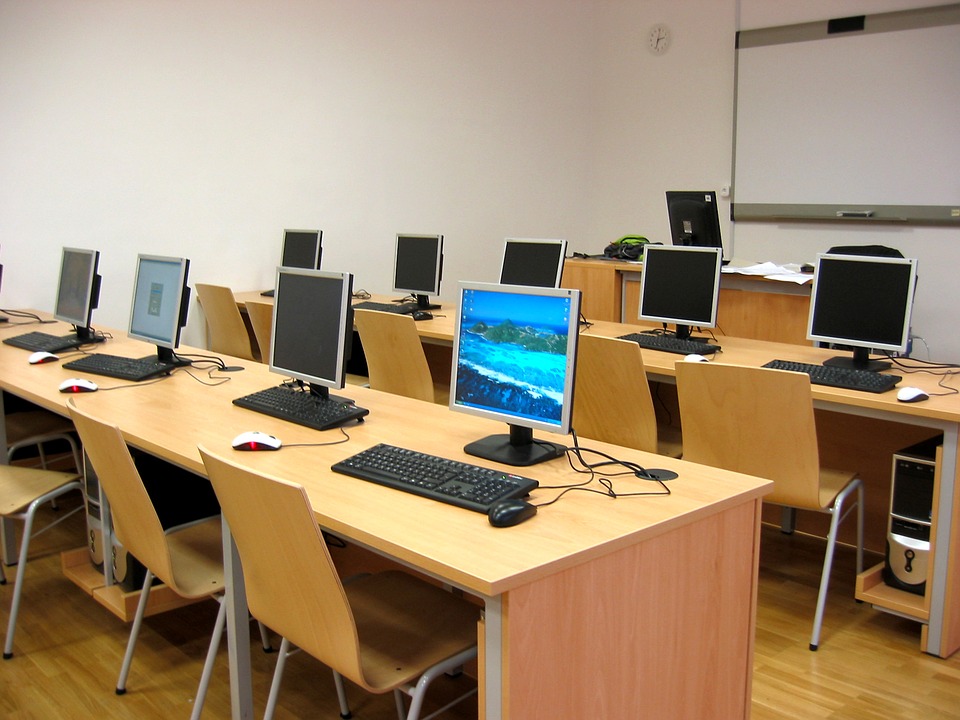Asia is all set for a revolutionary online platform and the Philippines is looking at possible ways to improve learning through digital education.
One idea is NUADU which offers both students and teachers a customizable learning experience, which suits individual needs.
The way the platform works is simple. It allows users to log in as either students and teachers, and join the courses they would like to participate in.
One of the best benefits for teachers is that NUADU gives educators the possibility to tailor tasks for each student in a class. This means that everyone in the class can perform better, even if they are not on the same level.
Another useful feature of the platform is that it allows teachers to analyze data about the completed assignments, and possibly uncover patterns about where students find difficulty.
The NUADU platform was at the center of the spotlight at a recent Digital Education Conference held in Manila on 10 August. During the conference, educators had the opportunity to see the platform in use and ask questions in order to familiarize themselves with NUADU’s capabilities.
Digital education
Technology has become a significant part of the educational process all over the globe. It is not by chance that some historians say we are going towards the next industrial revolution, as technology develops constantly.
Online courses and digital education are becoming a popular choice among students in higher education, and new software and platforms are developed daily in an effort to boost the quality of all levels of education.
Artificial intelligence (AI) is also becoming an integral part of educational platforms, as it has the capacity to predict the learning needs of different students.
Platforms like NUADU are becoming a sought out solution for many schools. This is not surprising, considering the fact that these online networks ease the educational process significantly.
Indecisions on digital education
Institutions are still indecisive between classroom/traditional learning vs. online learning. Even today there is a vast number of people who are hesitant to try out unconventional learning methods. Administrators and stakeholders should consider all factors before making the final transition.
There has also been a question on whether children learn better when reading printed text than the same text on the computer’s monitor.
According to Lauren Singer, a scholar about to defend her doctoral thesis at the University of Maryland, one possible solution to this dilemma would be to allow students to choose whether they want to use print or online materials for their classes.
Ms. Singer also adds that print textbooks evoke more respect from young adults, while online publications allow them to study on the go.







